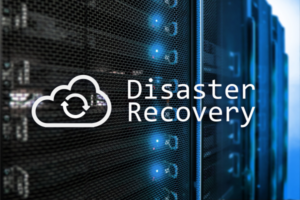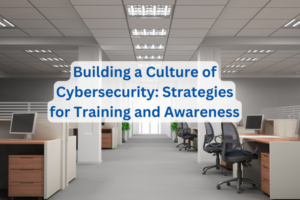5 Must-Have Cyber Security Policies for your Organization, by Sajid Shafique
One of the most essential factors in maintaining a good security posture for an organization is setting forth the expectation of what is allowed and what is not. Any action that the organization might take, ranging from implementing technical controls like setting up a firewall to building up actual physical walls, will not be sufficient if the people within the organization are not aware of what level of security is expected from them.
It only takes one misinformed employee to click a suspicious link, or download an infected file, for the organization to suffer a breach. After all, without established policies that prohibited such action, the employee was bound to click the link because if they did not, the millions of dollars that the link promised would have gone away. Therefore, it is only through establishing well-documented security policies can an organization mitigate its risk and communicate the obligations for employees to take protective action to secure the organization’s information resources.
Previously, we have discussed, Why Every Organization Needs Information Security Policies. But the creation of a full set of information security policies is no easy task. A complete set of information security policies will cover a vast array of security policy subjects. It is up to the organization to decide what policy documents they will have based on their unique business and operational needs. But to get you started, here are five must-have Cyber Security Policies for your organization:
-
Information Security Policy
The first policy document that any organization should establish is their information Security Policy. This policy document serves as the overarching policy that demonstrates top-level commitment to support the organization’s Information Security Program and sets forth the underlying tenets, framework, and reasoning that governs the Program.
-
Acceptable Use Policy
The following policy document that organizations should look forward to implementing is the Acceptable Use Policy, which is also known as AUP. The Acceptable Use Policy establishes the organization’s requirements, or security controls, for its users’ acceptable and appropriate business use of information assets, systems, and equipment. Acceptable Use policy sets guidelines for how an organization’s information resources may be used and imposes restrictions on inappropriate use.
-
Access Control Policy
Access Control Policy provides specific requirements to ensure information access is restricted to only authorized users of an organization with a business need to access the information resources. Access Control systems are in place to protect the interests of all users of an organization’s information systems by providing a safe, secure, and readily accessible environment, which also protects the confidentiality, integrity, and availability of the organization’s data.
-
Security Awareness and Training Policy
As mentioned in the beginning, no matter how many rules or controls are established, they will be ineffective if the user is unaware of such a rule. Security Awareness and Training policy establishes the requirement that all users of the organization are appropriately trained and educated on how to fulfill their information security responsibilities.
-
Incidence Response Management Policy
The one policy that organizations hope to never have to use is the Incident Response Management Policy. But unfortunately, it is not a question of if, but when. Whether we want it or not, security incidents will happen, and having a well-established Incidence Response Management Policy will help the organization to manage and remediate the incident with the least possible damage to business operations and reputation.
Creating and Maintaining Cyber Security Policies for Any Organization
If you need some assistance creating, refining, or reimagining your organization’s security, perhaps starting with any of the policies we talked about here, then Idenhaus is here to help. Whether you need a whole new roadmap, or just a little policy tune up now that your organization is growing or changing, give us a call. We can make cybersecurity easier and more effective for your organization, but only if you ask. Contact us today for your cybersecurity check up!







